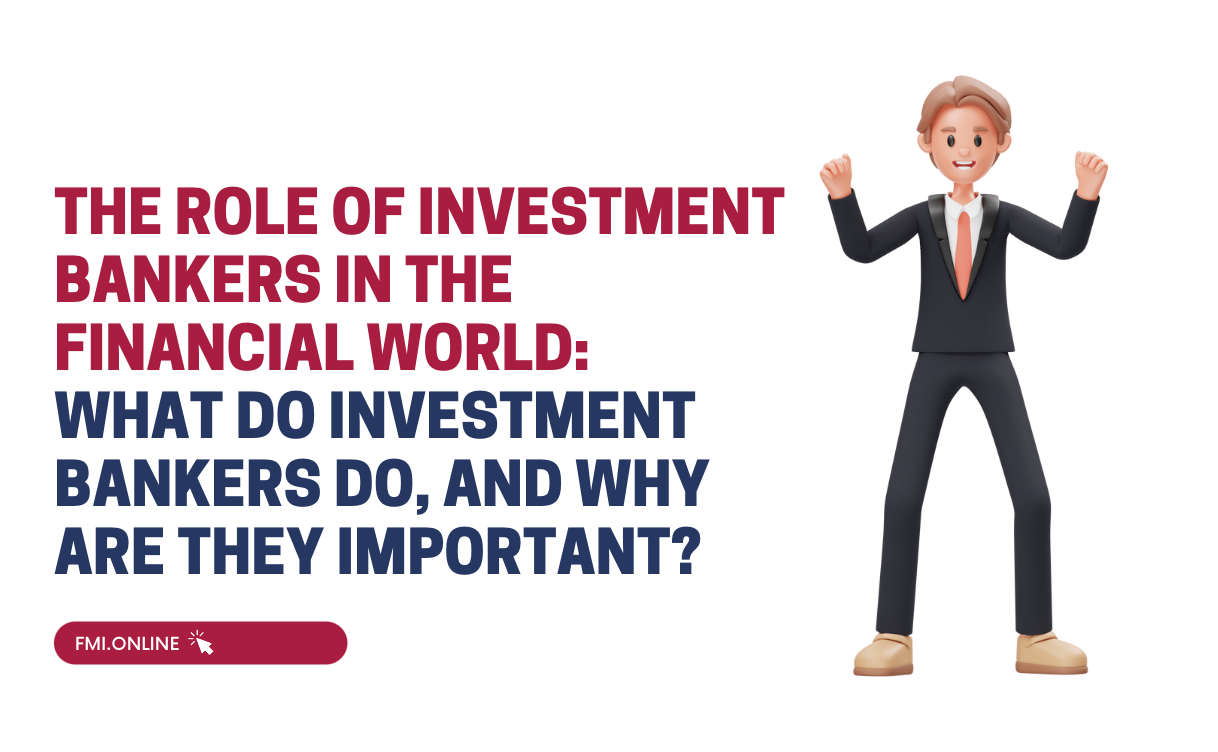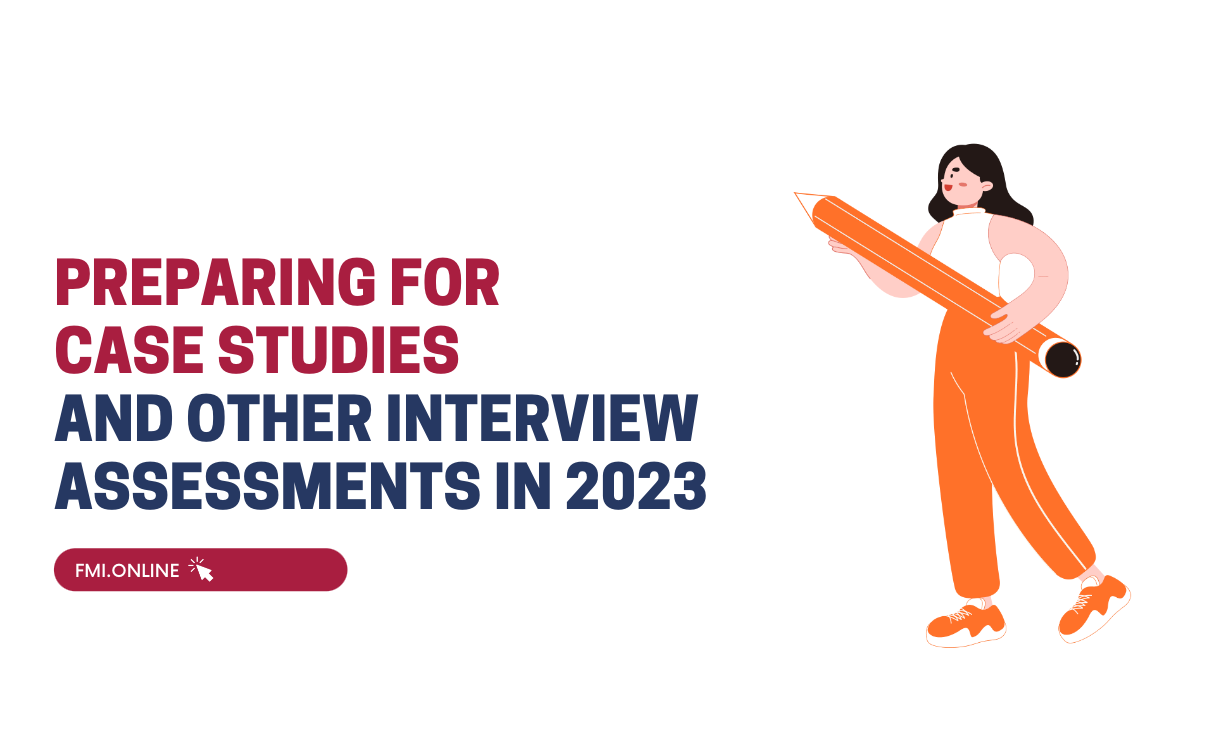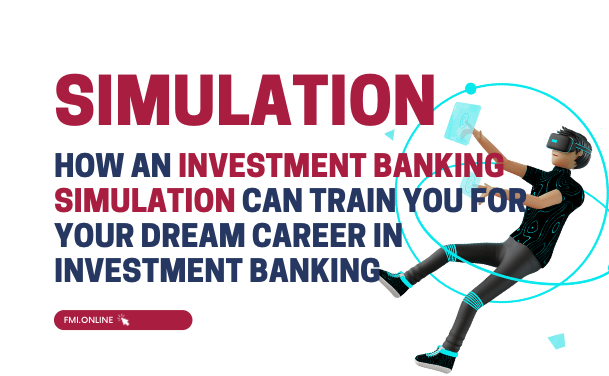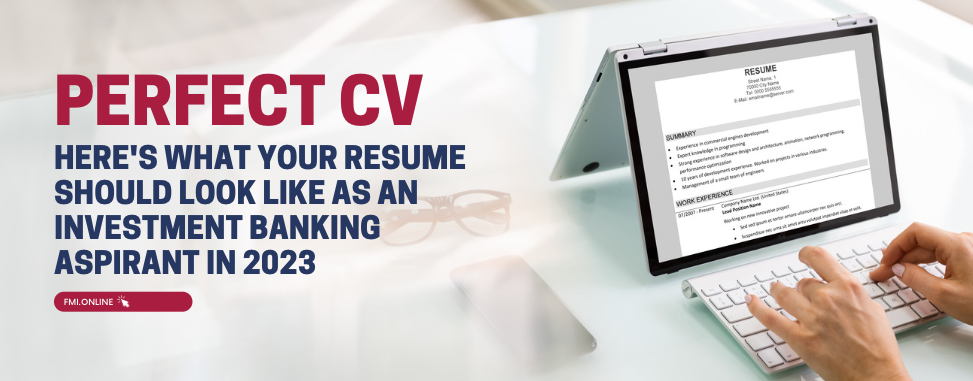Going through the fundamentals of finance, working on DCF calculations, and preparing financial models are some of the more obvious things that an aspiring investment banker prepares for before interviewing for a job at a top investment bank. But what about the subtle nuances that could determine whether you will land a job or not? Here are some vital things that you might be lacking in your investment banking interview preparation.
Not knowing your bank
According to an ex-investment banker, not having enough information about the financial institution that you are interviewing for is the single biggest and most common mistake made by candidates. You should be able to demonstrate your knowledge of general investment banking practices and your specific duties. An entry-level analyst position, for example, involves collecting information, creating presentations and news reports, etc.
This further extends to the division you would be working for. You must have background information about the division, its operations, and the related job roles in the vertical. An investment banking candidate must be aware of these crucial details. Doing additional research about the bank such as the recent deals of the bank and its area of expertise, highlights your passion towards the job and the financial institute.
Lack of self-awareness
It is important for investment banking candidates to come across as authentic and present themselves as who they are. Trying to incorporate a lot of jargon and textbook definitions in your answers can make you look fake. You must answer questions in your own words rather than recapitulating a rehearsed response.
Similarly, if you don’t know an answer, rather than making something up, you can ask the interviewer to elaborate, if you have any doubts, or even say you don’t know the answer but would surely get back with it. You can later send the answer separately or attach it along with the thank you email.
This, however, does not mean that you should get overly friendly with the interviewer or act casually. You must respect the interviewer and be as professional as possible, including your dress code and body language. Interviewers often assess how you would hold yourself in front of clients and senior bankers throughout the interview.
Not being able to present your strengths
During the interview, interviewers look for specific traits in candidates that gives them a sense of their compatibility with the job role. Therefore, it is important that you communicate your strengths through your answers. However, it is not possible to do it directly in most cases. You may be asked to talk about your successes and failures and how they motivated you to pursue a career in investment banking or finance. You can take this opportunity to illustrate your approach towards learning, career choices, teamwork, and finance. Apart from these attributes, you could focus on instances which demonstrate high emotional quotient, resilience and the ability to grasp new concepts.
You must go into an interview with broad ideas that you want to convey and centre your answers around them. You should be able to do this without sounding rehearsed. To improve your communication and presentation skills, you can practise these answers with a friend. This will help you build confidence and select concise responses for the final interview.
Conclusion
Candidates should not only prepare for hard skills questions and case studies but also select the best investment banks according to their work expectations, areas of interest, and personal goals. Once that is done, they must understand the bank’s operations, and familiarise themselves with its history and its recent developments. It is important to communicate answers that show why you are a good fit for the team. The recruiters and senior bankers want to know if you have the skills they are looking for. It is equally important to be professional and honest; pretending to be someone that you are not or acting casually will surely leave a bad impression.












 60+ hours
60+ hours 9 courses
9 courses



